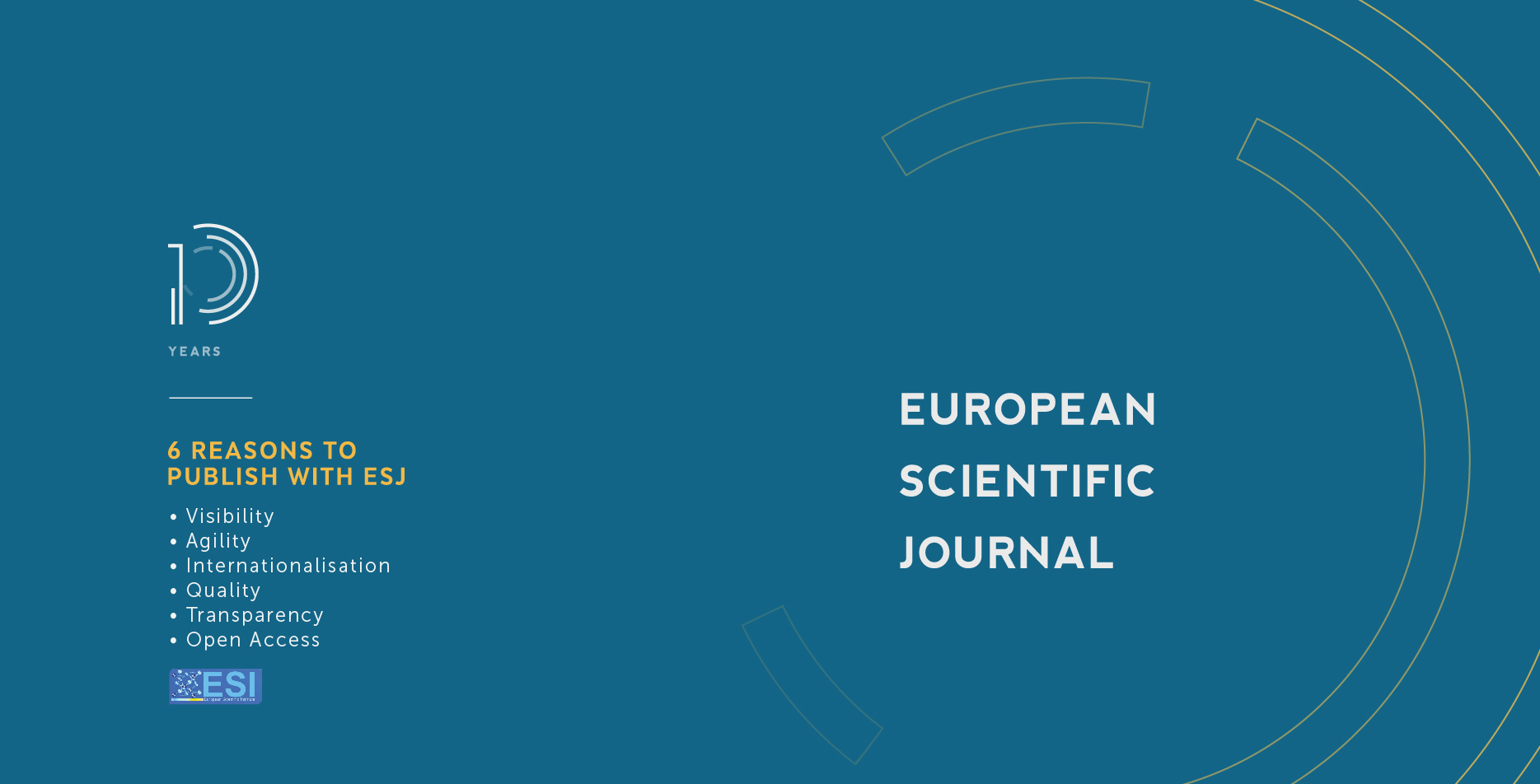Third Parties without Independent Claims in Civil Proceedings
Abstract
The civil law process is based on the principles of adversarial proceedings and disposition. The principle of adversarial proceedings implies the exercise of the right of equality between the parties at any stage of the proceedings, and the equal distribution of the rights and duties conferred on them by this Code. The principle of disposition implies the freedom of expression of the will of the parties by the procedures established by this Code to know whether it is filling the claim, filing a motion, withdrawing the claim or other. In addition to the judge, the parties also ensure the running of the process. These are the plaintiff, defendant, and third parties. The institute of third parties in turn is divided into two branches: third parties with an independent claim and third parties without an independent claim. Third parties with an independent claim are almost equal in their rights and responsibilities to the plaintiff and the defendant, while third parties without an independent claim have certain restrictions. These restrictions put them under such legal pressure that in some cases easily regulated issues will, on the contrary, turn into difficult ones to regulate. For a third party without an independent claim to participate in the process, it requires the desire of one of the parties or of that third party itself. The issue of their involvement in the process largely depends on the reasoned reasoning of the parties, which is one of the shortcomings of the procedural order. It is true that without an independent claim, a third party is not the main subject of the case and is not directly involved in the decision. However, the purpose of the article is to prove the opposite of this fact. The article describes not only Georgian but also civil procedure laws of different countries, which contain certain differences compared to Georgian civil procedure laws. The comparative legal research used in the paper presents the main idea of the paper and sheds light on the real possibility of its realization. The given is manifested in the possibility of granting certain rights to third parties. Based on the case law applied and the analysis of the existing scientific doctrine, the conclusions will be summarized according to which the object of the article, the third party, deserves such enabling rights. The research will help to develop civil procedural law in so far as it is a topical issue today. Both doctrinal and non-doctrinal, comparative legal, and evaluative legal research methods are used in the paper.
Downloads
PlumX Statistics
References
2. Civil Procedure Code of Georgia (1997). (3-I, 89, 90, 91, 364, 391, 394, 422).
3. Code of Civil Procedure of Japan (1996).
4. Civil process of Russia (2005). (Under the editorship of M.A. Vikut) M .: Jurist, (50). http://uristinfo.net/
5. Civil process: textbook. for universities / Ed. M. K. Treushnikova Doctor of Law, Prof., Honored. scientist of the Russian Federation. -2nd ed., revised. and additional - M .: Gorodets,2007; (79). http://uristinfo.net/
6. Davtyan, A. G. (2000). Civil Procedural Law of Germany, Moscow (173).
7. Decision of the Supreme Court of Georgia - Case - ას-256-256-2018, 18/07/2018.
8. Decision of the Supreme Court of Georgia - Case - ას-542-2021, 15/10/2021.
9. Decision of the Supreme Court of Georgia - Case - ას-687-687-2018; 20/07/2018.
10. Decision of the Supreme Court of Georgia - Case - ას-949-899-2015, 23/10/2015.
11. Decision of the Supreme Court of Georgia - Case - ას-1131-2020; 26/03/2021.
12. Decision of the Supreme Court of Georgia - Case - ას-1234-1175-2014, 23/02/2015.
13. Gabelaia, K. (2016). Third parties in the civil law process, Liluashvili T., Jubilee Collection "75", Tbilisi (269).
14. Garishvili, M. (2008). History of Law of Foreign Countries, Lecture Course, Tbilisi (58, 89).
15. Gorelov, M. B. (2012). Third parties in civil proceedings: from time immemorial, Arbitration and civil proceedings, №2; (41).
16. Hagenlokhi, U., Alavidze, B., Bakakuri, N., Berekashvili, D., Gasitashvili, E., Todua, M., Meskhishvili, K., Katamadze, P., Dzlierishvili, Z. (2020). Commentary on the Code of Civil Procedure, Selected Articles, Tbilisi (364).
17. Kazhashvili, G. (2018). Procedural perpetuating as a precondition for making an enforceable decision, Dissertation, Tbilisi (94).
18. Kharitonashvili, N. (2017). Third Parties in Civil Proceedings, Dissertation, Ivane Javakhishvili Tbilisi State University (35, 131, 158).
19. Kurdadze, S. H. (2006). Hearing of Civil Cases in the Court of First Instance, Tbilisi (205).
20. Kurdadze, S. H., Khunashvili, N. (2012). Civil procedure law of Georgia, Tbilisi (132-133)
21. Kurdadze, S. H., Khunashvili, N. (2015). Georgian Civil Procedure Law, Second Edition, Completed and Revised, Tbilisi, Meridian Publishing House (13).
22. Kobakhidze, A. (2003). Civil Procedure Law, Tbilisi (160).
23. Liluashvili, T., Liluashvili, G., Khrustali, V., Dzlierishvili, Z. (2014). Civil Procedure Law of Georgia, Part I, Tbilisi (160-161)
24. LiLuashvili, T., Khrustali, V. (2007). Commentary on the code of civil procedure, Second revised edition, Tbilisi (171, 174).
25. Van Rhee, C., Erecinski, T., Nekrosius, V. (2013). Locus stand in Dutch civil litigation in comparative perspective, in: (eds.), Recent trends in economy and efficiency in civil procedure, Vilnius: Vilnius University Press,https://www.academia.edu/5934146/Locus_standi_in_Dutch_civil_litigation_in_comparative_perspective (243-266).
26. Villanueva, J. (2011). The Power of Procedure: The Critical Role of Minority Intervention in the Wake of Ricci v. DeStefano, California Law Review (1085-1086).
Copyright (c) 2022 Zurab Morchadze

This work is licensed under a Creative Commons Attribution-NonCommercial-NoDerivatives 4.0 International License.








